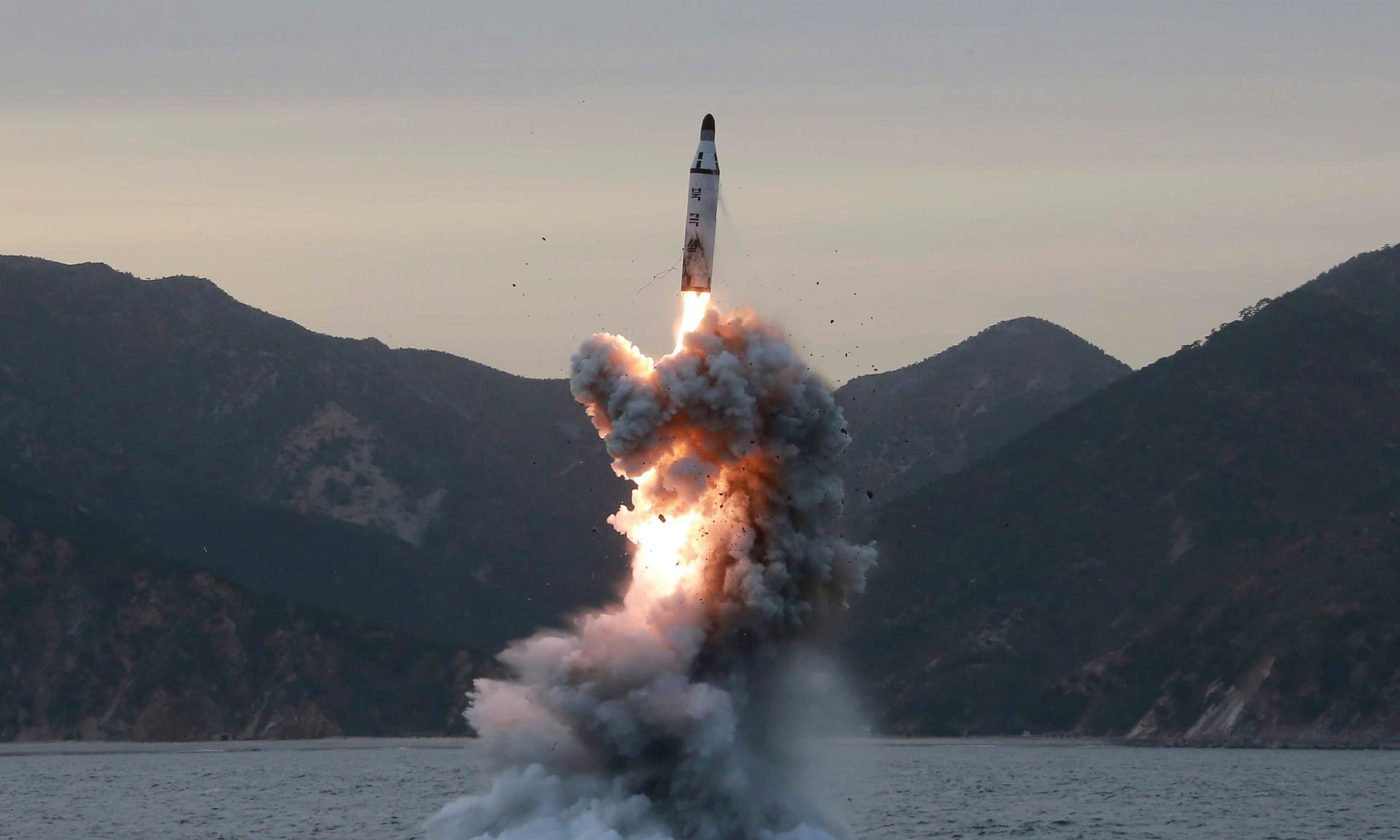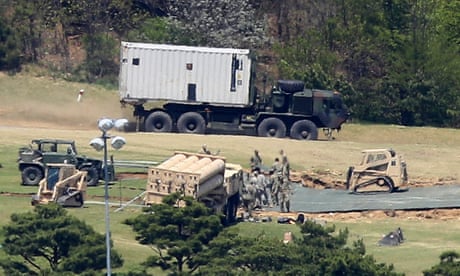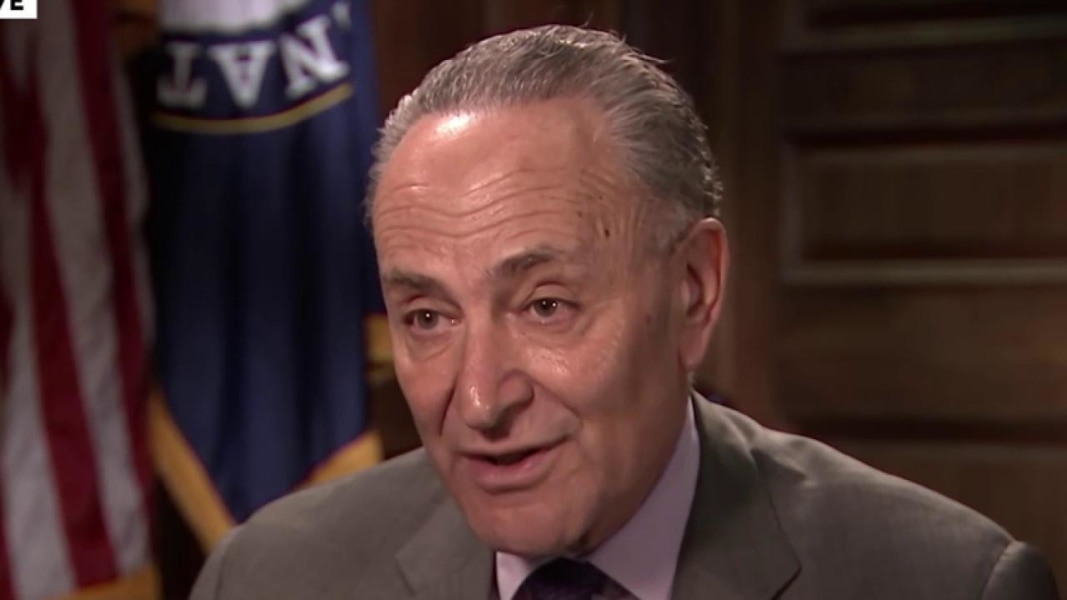By Richard North Patterson

Xi Jinping arrives in Berlin on July 4 to meet with German Chancellor Angela Merkel.
China’s global aspirations should be no surprise.
For centuries, it has seen itself as a civilization apart.
Inevitably, Western encroachment bred an indelible resentment of nations which, in China’s view, had usurped its rightful place.
Animated by this sense of destiny thwarted, Xi Jinping means to restore Chinese dominance in Asia — exemplified by its construction of artificial islands as military bases in the South China Sea — the better to supplant America as the world’s leading geopolitical power.
Animated by this sense of destiny thwarted, Xi Jinping means to restore Chinese dominance in Asia — exemplified by its construction of artificial islands as military bases in the South China Sea — the better to supplant America as the world’s leading geopolitical power.
The hope that globalization would create a more benign and democratic China overlooked these deeper impulses.
They are hardly subtle.
They are hardly subtle.
As the regime’s authoritarianism deepens, China undercuts democracy in Hong Kong, rebuilds its military, moves to control the future of Asia, and expands Chinese economic leverage around the globe.
Enter President Trump.
While Trump’s campaign rhetoric targeting China was simplistic, it played economic hardball — requiring American companies to transfer intellectual property in return for access to Chinese markets, acquiring American know-how while limiting our ability to do business.
Enter President Trump.
While Trump’s campaign rhetoric targeting China was simplistic, it played economic hardball — requiring American companies to transfer intellectual property in return for access to Chinese markets, acquiring American know-how while limiting our ability to do business.
Jettisoning all other concerns, Trump imagined that China, reversing established policy, would help divest its client of nuclear weapons.
As China played him with hints and half measures, Trump mortgaged our overall China policy to a pipe dream based on nothing but his self-concept as a dealmaker.
Trump’s approach was transactional and narcissistic, reflecting the fatal convergence of ignorance and a short attention span.
Trump’s approach was transactional and narcissistic, reflecting the fatal convergence of ignorance and a short attention span.
Abruptly, he tweeted that his feckless plan “has not worked out” but that “at least I know China tried!”
What China tried was to leave Trump without a viable plan for curtailing a nuclear program which, too soon, will imperil San Francisco.
Nettled, Trump sold arms to Taiwan, sanctioned two Chinese companies that finance North Korea, and dispatched ships for a drive-by in the South China Sea.
But spasms are not policy.
Trump has yet to grasp that China, like Russia, is our strategic adversary.
What China tried was to leave Trump without a viable plan for curtailing a nuclear program which, too soon, will imperil San Francisco.
Nettled, Trump sold arms to Taiwan, sanctioned two Chinese companies that finance North Korea, and dispatched ships for a drive-by in the South China Sea.
But spasms are not policy.
Trump has yet to grasp that China, like Russia, is our strategic adversary.
This is the classic case of a rising power challenging a dominant one — economically, militarily, and ideologically — starting with Asia.
That mandates a China policy that is comprehensive, farsighted, and clear.
Yet Trump and Secretary of State Rex Tillerson have not even assembled a team competent to formulate a vision that reflects American interests and values.
Yet Trump and Secretary of State Rex Tillerson have not even assembled a team competent to formulate a vision that reflects American interests and values.
Worse, Trump shuns the belief in free trade and democratic institutions, which cement our alliances with countries such as Australia, Japan, and South Korea, and provide an alternative to an economic order dominated by China.
Swiftly, China’s calculating regime castigated America for its selfishness and irresponsibility, cloaking its own economic self-interest in altruism.
In Trump’s diplomatic vacuum, China — ironically, a principal consumer and exporter of coal power — is poised to become the world’s leader in advancing clean energy technology.
As Trump looks backward — trumpeting tariffs and promising to resurrect coal — China moves forward.
As Trump looks backward — trumpeting tariffs and promising to resurrect coal — China moves forward.
As Trump shuns the European Union, China courts it.
China is now Germany’s principal trading power, a leader in developing cutting-edge automobiles, the mobile Internet, and safer nuclear power.
According to US News & World Report, China’s top engineering school has surpassed MIT.
Despite setbacks, China is the world’s largest economy and its biggest export market.
A centerpiece of China’s geopolitical strategy is the “Belt and Road” initiative , an ambitious plan to finance and develop infrastructure and connectivity linking all of Asia to Europe and the Middle East — including an infrastructure bank intended to cement China’s economic leadership throughout the region.
A centerpiece of China’s geopolitical strategy is the “Belt and Road” initiative , an ambitious plan to finance and develop infrastructure and connectivity linking all of Asia to Europe and the Middle East — including an infrastructure bank intended to cement China’s economic leadership throughout the region.
Its goal is to supplant the world’s existing economic order with one that serves Chinese prosperity and power.
This program, Xi asserts, embodies “economic globalization that is open, inclusive, balanced, and beneficial to all” — including antipoverty programs.
This program, Xi asserts, embodies “economic globalization that is open, inclusive, balanced, and beneficial to all” — including antipoverty programs.
In stark contrast, Trump grouses that “alliances have not always worked out very well for us,” signaling our economic and diplomatic retreat.
Whatever America’s faults, by tradition we espouse humane and democratic values.
Whatever America’s faults, by tradition we espouse humane and democratic values.
A Chinese-led world order would be morally impoverished.
Yet, soon enough, China’s economic power may cause our traditional allies — in Asia and Europe — to turn away.
Thus will Donald Trump help make China great again.












